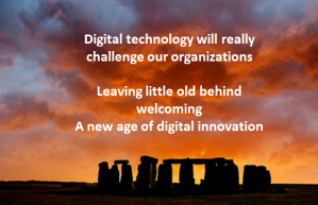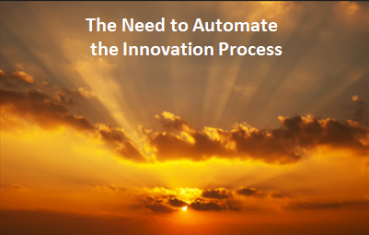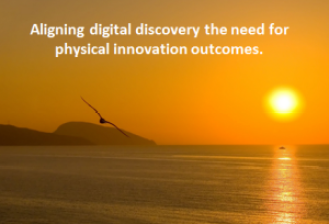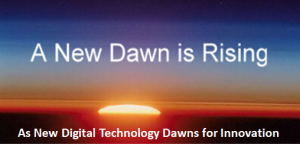 Change is all around us, it is accelerating not abating. Do you feel you are trapped, encircled and just a little concerned.
Change is all around us, it is accelerating not abating. Do you feel you are trapped, encircled and just a little concerned.
You often hear of volatile trading conditions, a more complex market and situations changing constantly and moving faster than ever. ‘Much’ seems to be closing in on us.
We do know we need to re-equip ourselves for constant disruption; we are really beginning to see a shift from the classic bell curve into more of a shark fin for adopting change.
One that is characterized by sudden, even violent success or an event, some moments of brilliant dominance, followed by a dramatic change in conditions as others have spotted the same opportunity and you hit a rapid decline, the race to the bottom of competition constantly negating one another.
Market are segmenting, the life cycle is shortening or having an even longer tail of dealing with slow decline and constant erosion of any competitive position. The sharks are arriving even earlier and in a greater need to show their dominance.

It does seem “creative destruction” is a central force in many of our activities. Activities where innovation is continually replacing not just in products and new services but in designing radically different business models, searching to replace less adaptive competitors in the marketplace at faster rates.
Adoption is far earlier, the pace of change is quickening and from this, the competition is responding in new ways, often surrounding the new innovation with their version, built on often a really ‘fast follower’ principle to keep in step, and throttle off any different adoption, knowing what it costs to have to win this back over time if it can at all when it switches.
The life cycle is becoming even more important to manage in all of its stages, as its traditional shape I feel, is radically altering. It is coming faster and fading away quicker unless you manage its parts very specifically.
Continue reading “The sharks that prey are arriving a lot earlier now”
 Anyone who has felt the ‘full force of the wind’ will know the feeling of how hard it is to keep on your feet, to stay determined to stay upright and true, to hold the course, whatever happens.
Anyone who has felt the ‘full force of the wind’ will know the feeling of how hard it is to keep on your feet, to stay determined to stay upright and true, to hold the course, whatever happens.








